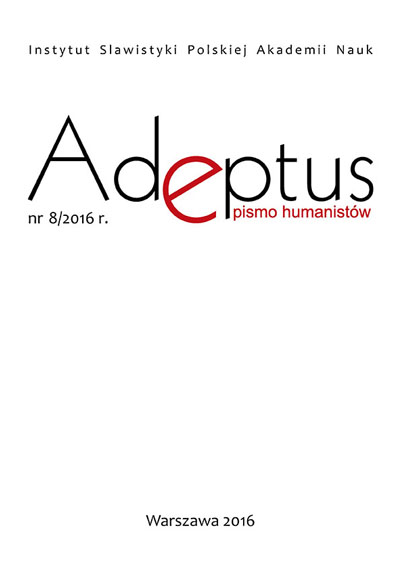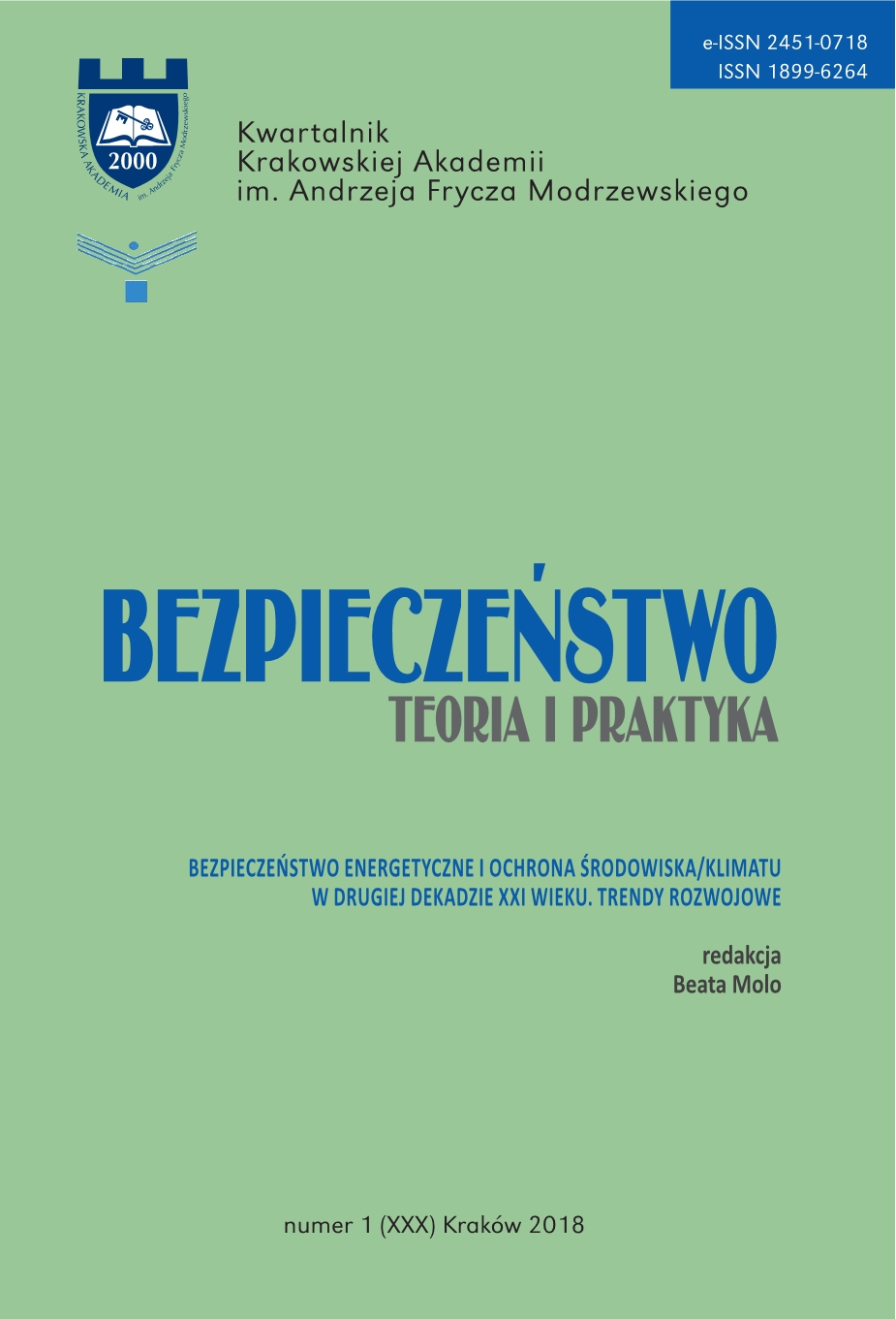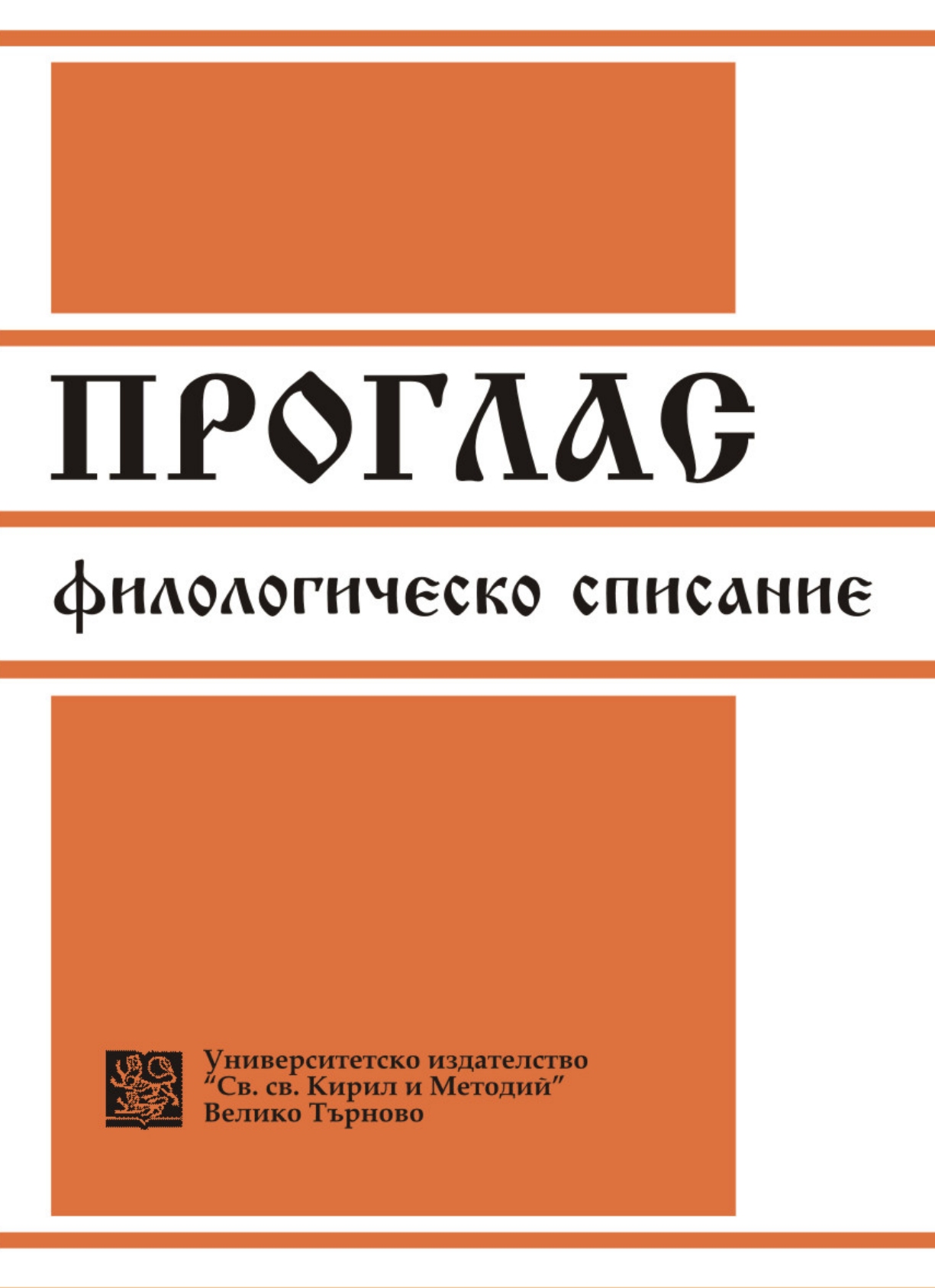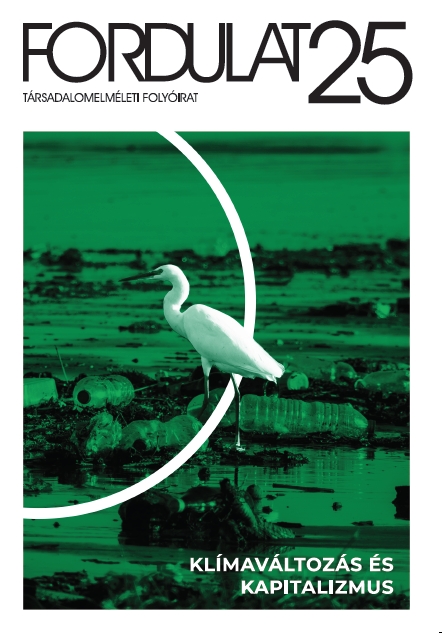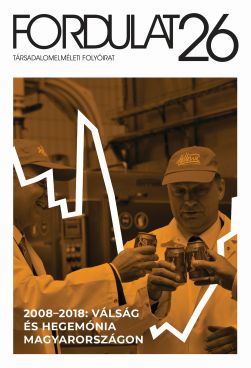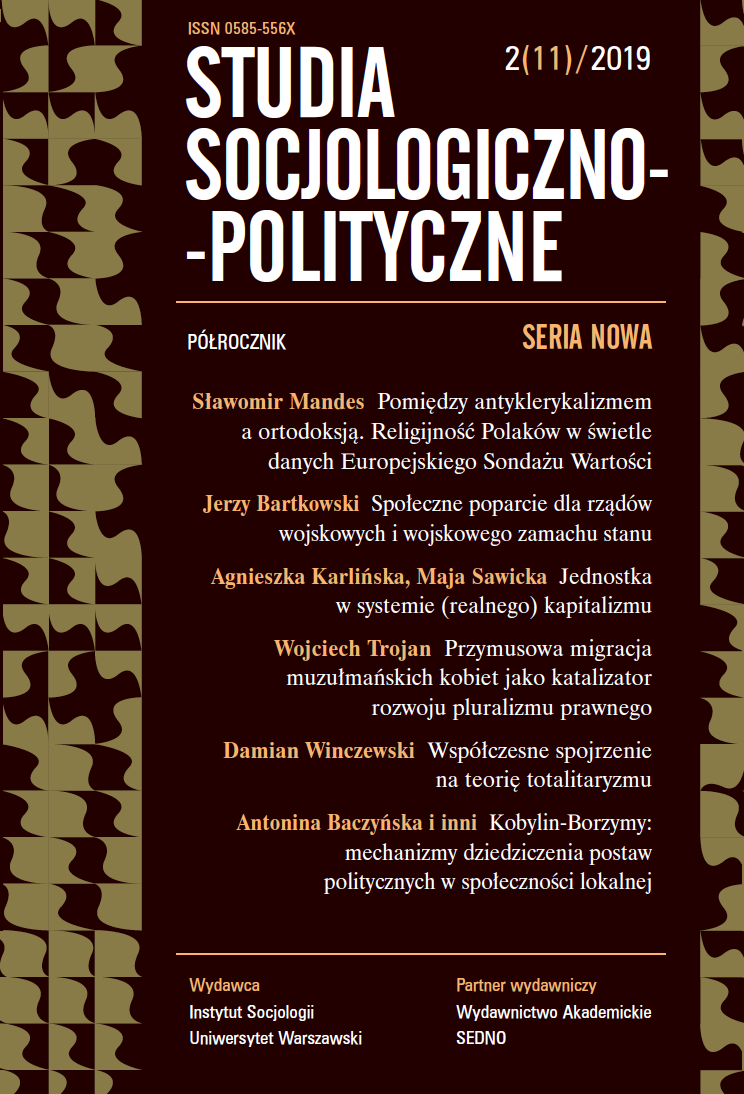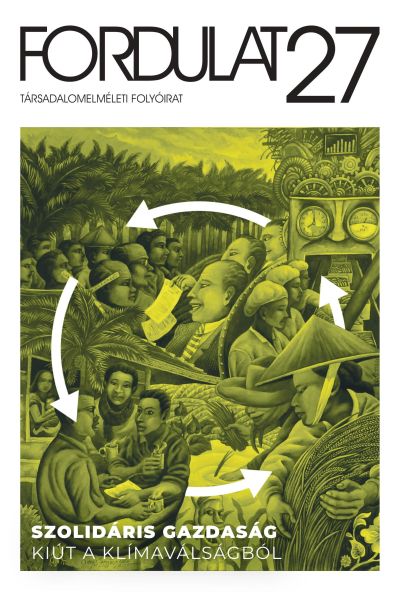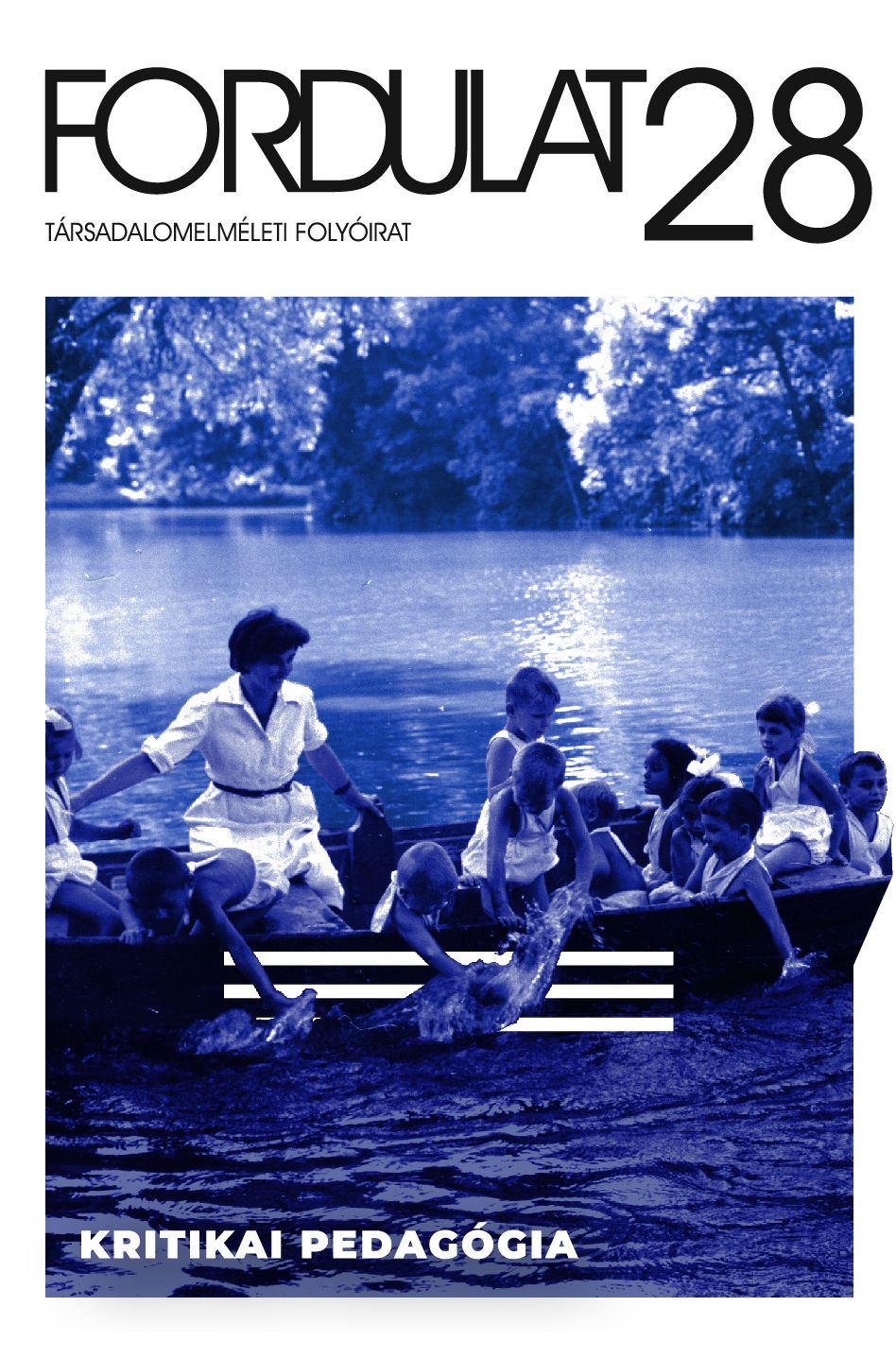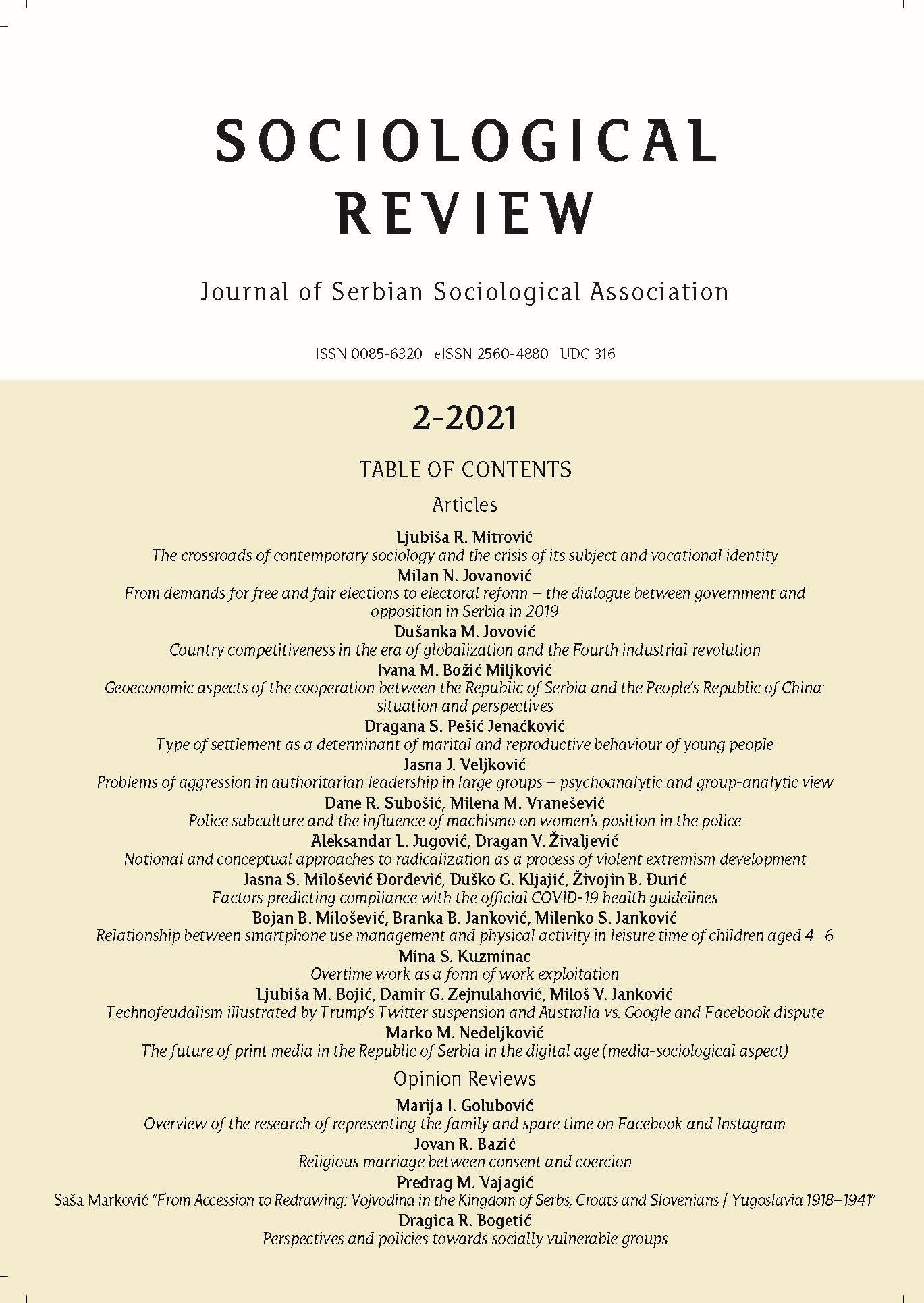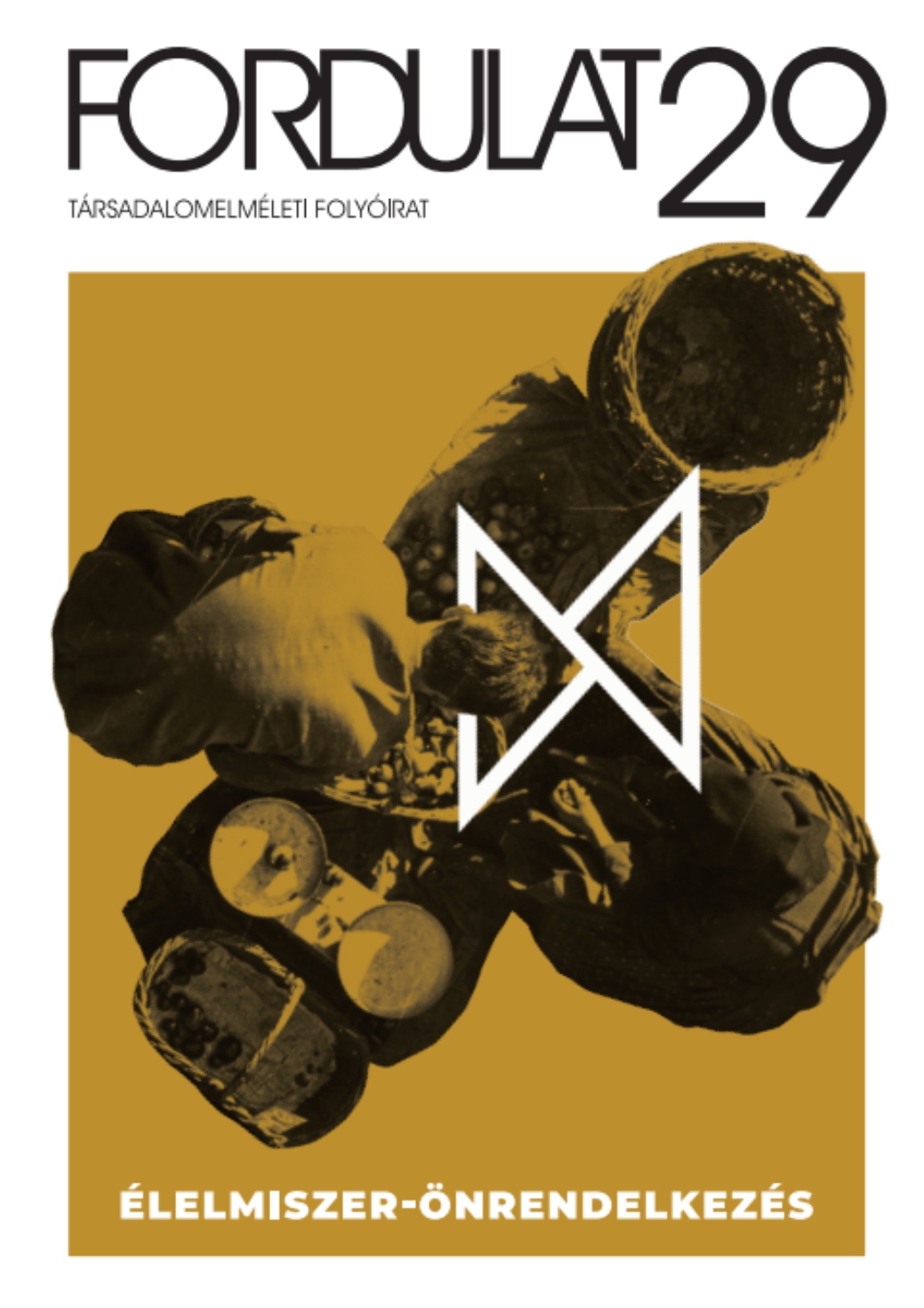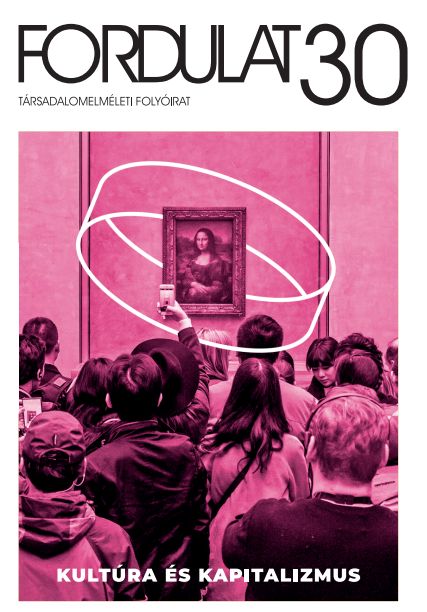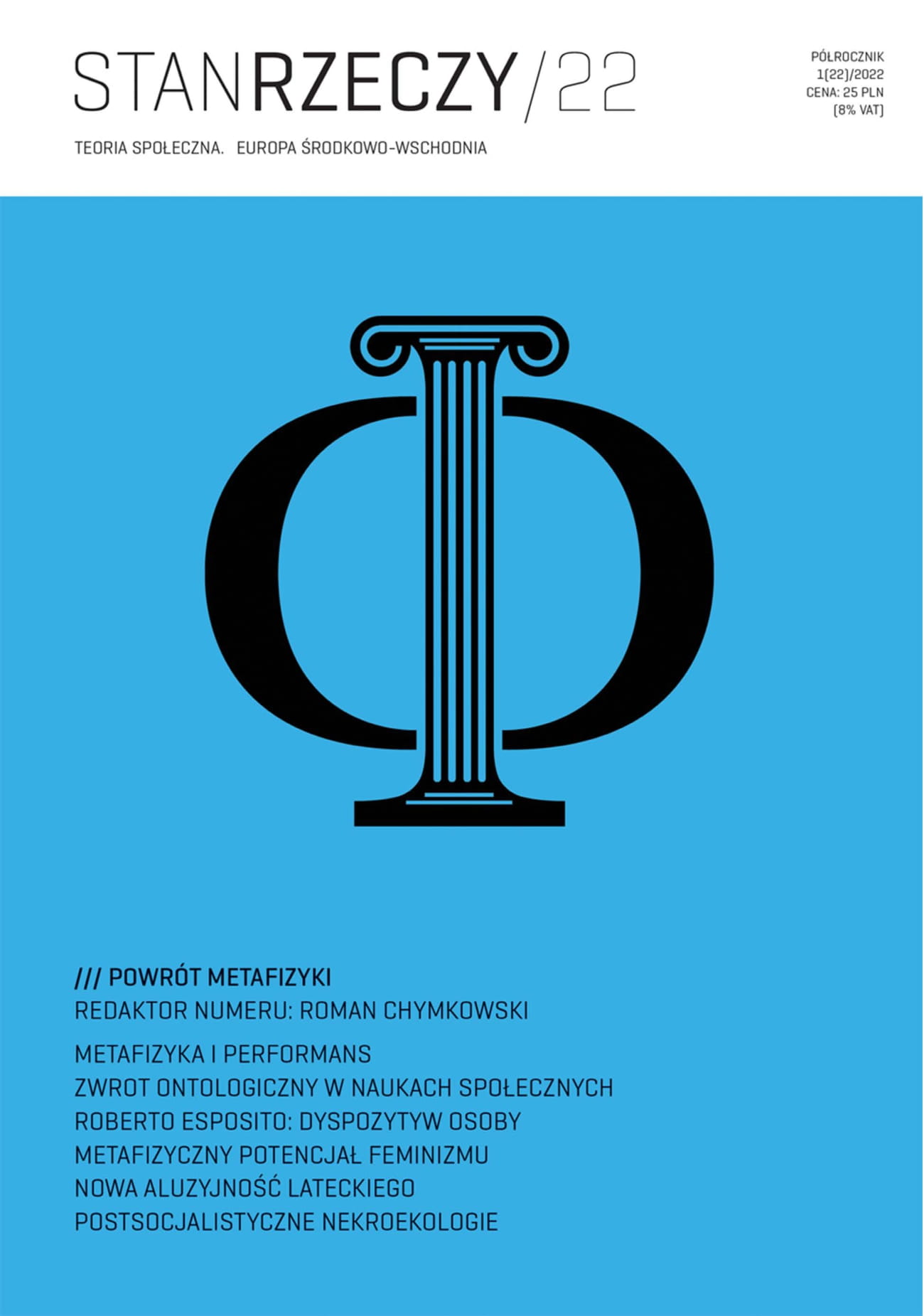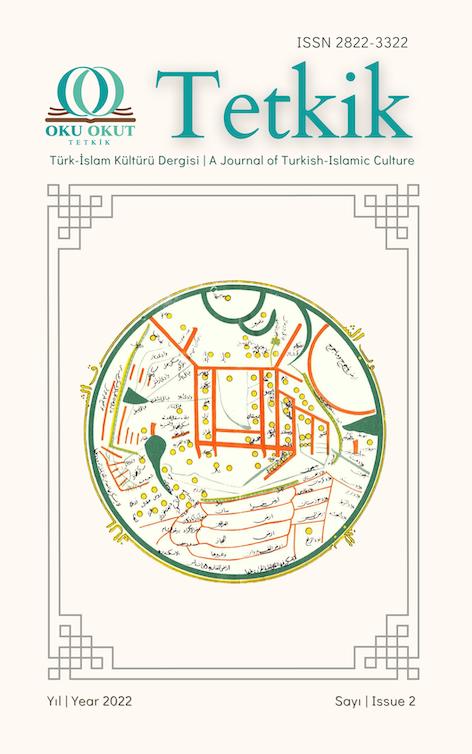ПРОБЛЕМАТИКА ТЕРРОРИЗМА В РОССИЙСКОЙ ПУБЛИЦИСТИКЕ ВТОРОЙ ПОЛОВИНЫ XIX – НАЧАЛА ХХ ВЕКА
The article deals with the main interpretations of the Russian political terrorism of the second half of the 19th and the early 20th centuries in the journalistic writings of the said period. The views of revolutionary terrorists, the followers of the Pochvennichestvo and liberal Narodnichestvo movements, and early Marxists are presented. The ratio of sociopolitical types of a nihilist, revolutionary and terrorist in the journalistic essays is found out. The dynamics in understanding the image of a terrorist, associated with the overcoming of its glorification in socialistic press of the early 1900s is traced.
More...
